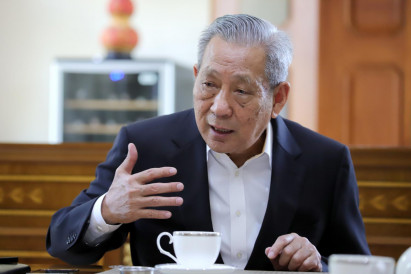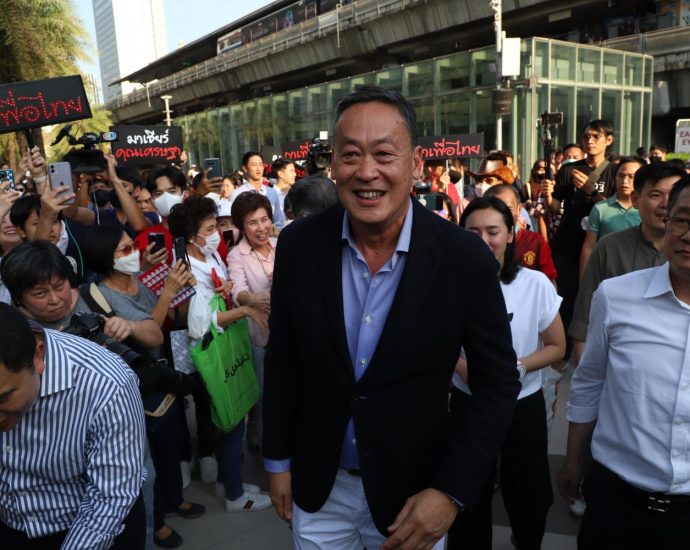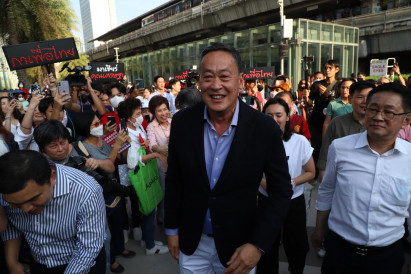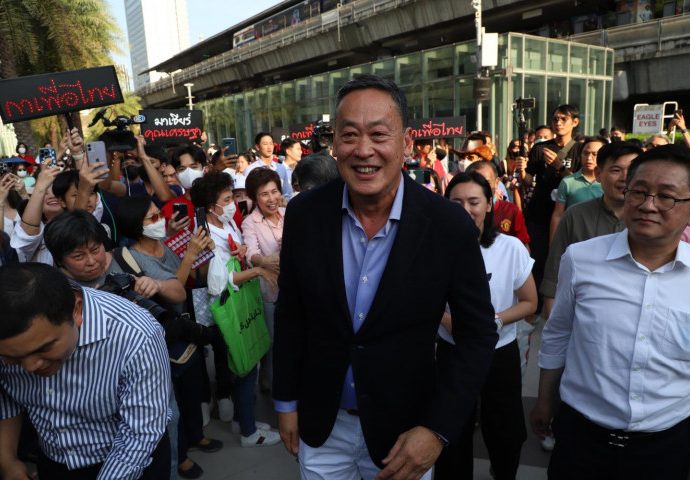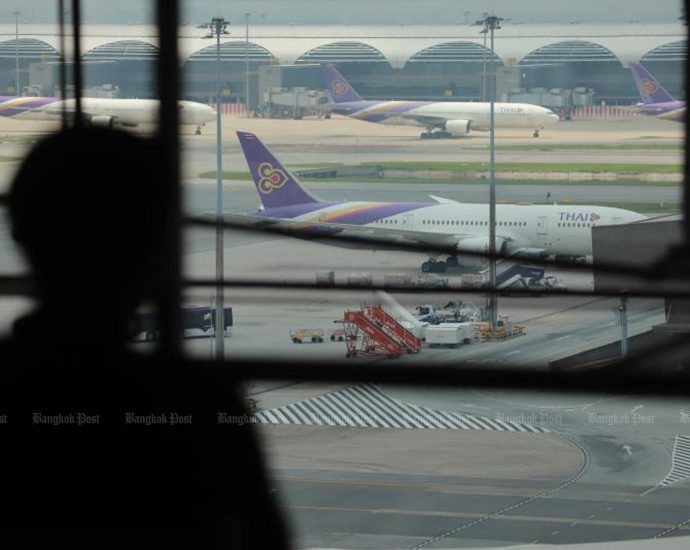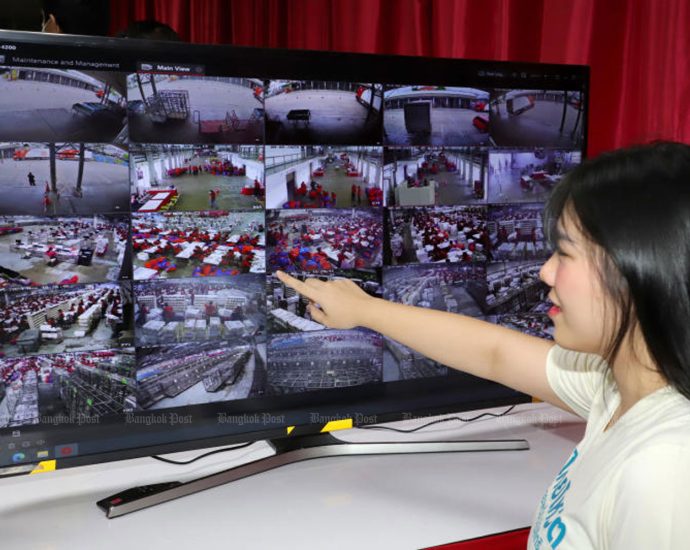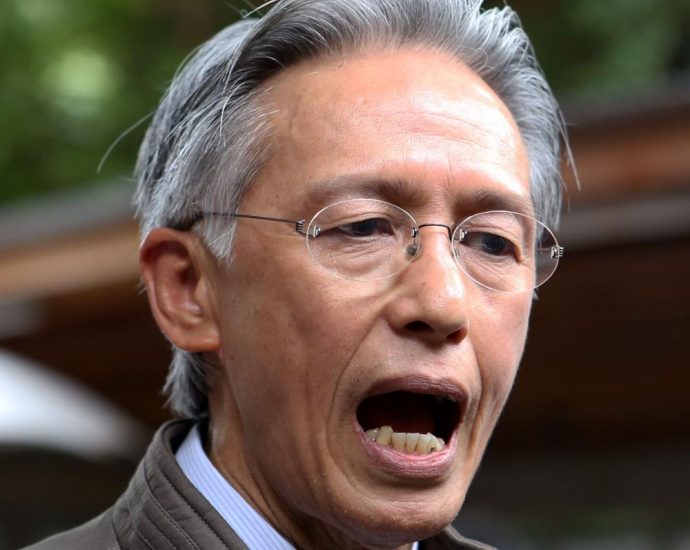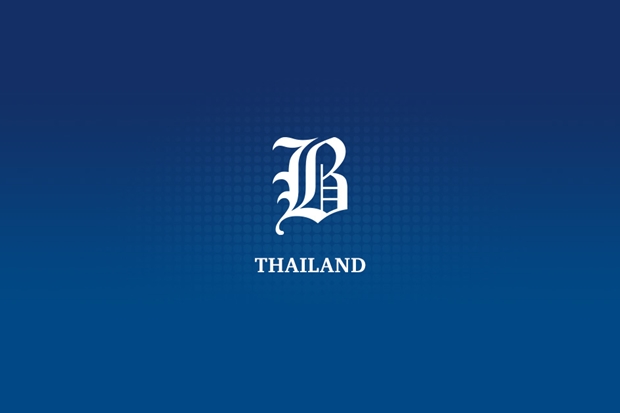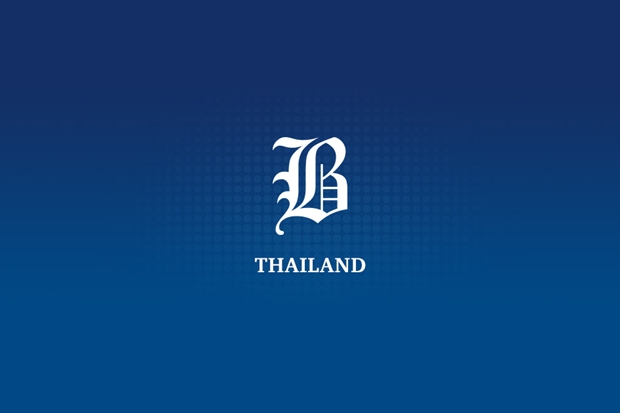EC sees high poll turnout

The Election Commission (EC) expects an 85% turnout for Sunday’s general election, and is confident that everything will run smoothly despite some hiccups during advance voting last Sunday.
EC member Thitichet Nuchanart said the poll agency made its prediction after advance voting last weekend saw a high turnout of 91%.
The agency has now looked into the complaints that followed the May 7 ballot-casting as well as a number of other issues, according to Mr Thitichet.
“These problems have been addressed, and on May 14 they will not occur. The general election is ready to go, and the EC is even more prepared than it was for the 2019 polls,” he said.
Mr Thitichet said the EC had received a total of 127 complaints about alleged irregularities and rejected 33 of them. The remaining 94 complaints are still being investigated, and the commission anticipates no fewer than 2,000 more complaints will be filed after the weekend’s national polling.
He stressed that the EC would ensure a fair investigation, saying the accused would have the chance to defend themselves while those who made complaints must also present evidence to back their accusations.
“This election is highly competitive, and the EC is committed to ensuring a fair contest. We’ll punish those who are in the wrong. You can trust in the EC,” he said.
He also urged people to observe regulations to help ensure the day goes smoothly. Snapping a marked ballot and tearing a ballot paper are against the law. The EC also warned people not to wear any sign or T-shirts with a logo of a political party to a polling station as it is against the law.
Candidates cannot canvass for votes on Election Day. Selling alcoholic drinks is not allowed from 6pm today until 6pm tomorrow. A violation carries a maximum of six months in jail and/or a fine of up to 10,000 baht.
Meanwhile, EC chairman Ittiporn Boonpracong on Friday presided over the launch of election observation by foreign observers and briefed them on the election laws and the EC’s preparations for the polls.


